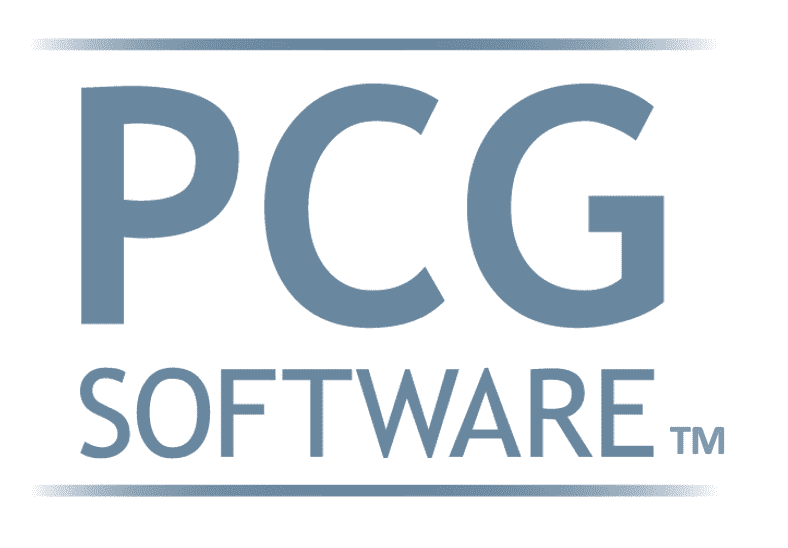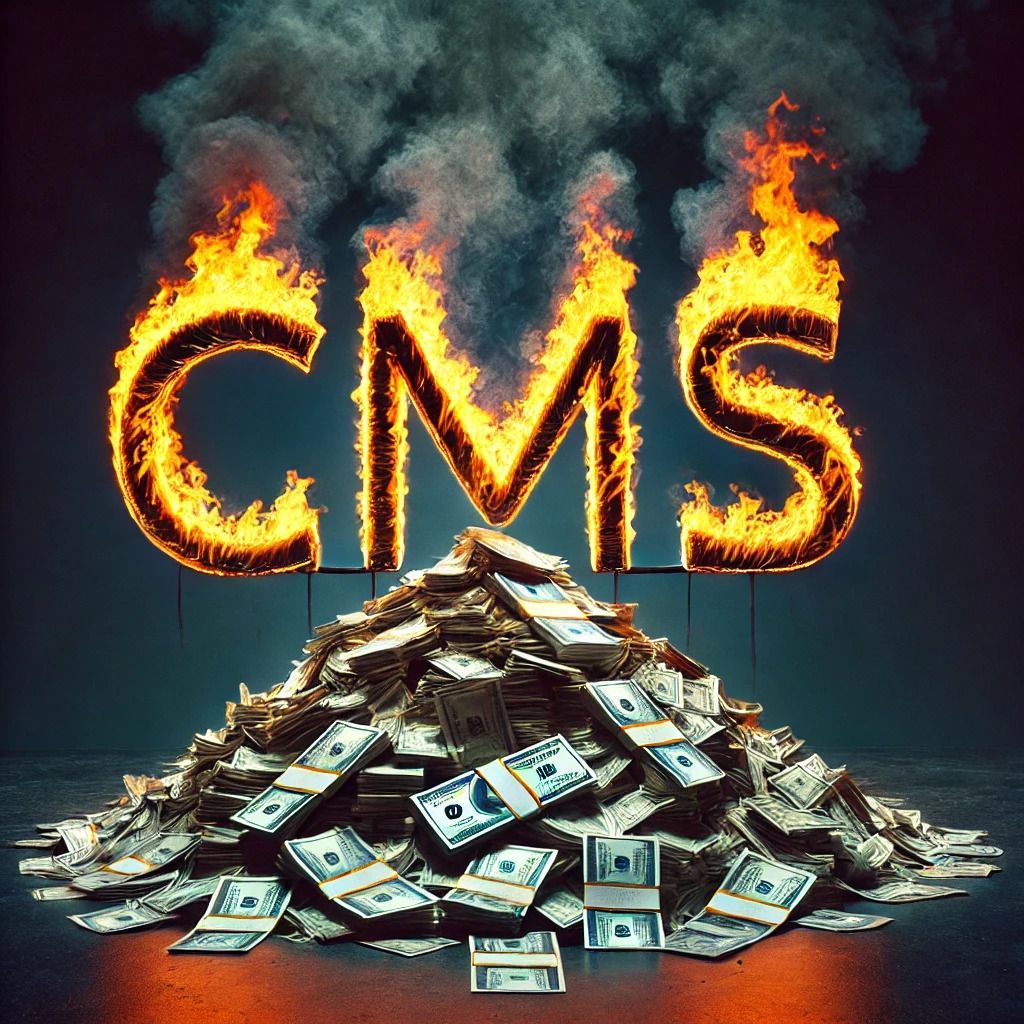Kaiser Acquisition of Geisenger
The IT and Financial Questions that Remain a Concern
Summary:
The questionable and problematic IT and Financial questions that still remain unanswered within the acquisition of Geisenger by Kaiser. While facts are presented here, this also serves as an editorial and warning on subjects that should remain topics of concern for months to come.
Will Schmidt joined PCG Software as their Chief Strategy Officer in November 2022. Prior to PCG, Schmidt lead TNH as their Sr. Vice President to become the 7th largest pharmacy in the nation. He then went on to consult with and serve as Interim CEO or Consultant to over 20 different companies specializing in profit strategies, operational efficiencies, vendor relations and partnerships, and exit strategies.
Who is Kaiser Permanente? Who is Geisenger Health?
If you’ve never heard of Kaiser Permanente, let’s get you out from that rock you’ve been living under and open your eyes. Kaiser is a not-for-profit health plan with 12.6 million members and is based out of Oakland, California. The provider services of Kaiser span 39 hospitals, almost 24,000 doctors, 68,000 nurses, 223,000 employees, and operates in six different states.
Geisenger is based out of Danville, Pennsylvania, with 10 hospital campuses, 25,000 employees, and 600,000 plus health plan members.
Is the Kaiser Geisenger a buyout, merger, or what?
Let me start off by saying that I have worked with and been involved with both entities and both showed me great respect whether I was a patient or vendor. Now with that said...
Geisenger is an acquisition, don’t let the kool-aid Kaiser drinking or Geisenger flag waiving loyalists saying anything further. Two Gladiators enter and one leaves, but this exit will take time. While the name of the Hospitals and clinics were remaining with the Geisinger name per latest press releases, eventually within a 30,000 foot view, I believe that Kaiser and Geisenger and future acquisitions will be under the new entity’s name, Risant Health.
Keep Reading to find out why.
EMR/EHR and IT Battles and Buyouts are Ahead
Different EHRs lead to delays
Electronic Medical Records and Practice Management Systems are used to record patient health information (PHI) and are protected by HIPAA. One of the major lulls in US Healthcare is that medical groups, clinics, and hospitals, may all be on different EMRs. While faxing medical records with referrals and authorizations ends up in an electronic fax queue, it’s much easier when everyone in a health system is on the same system. You make a simple request, it’s approved by the Provider and/or patient dependent upon the system, and boom; the records are shared.
Kaiser uses EPIC
In
2010, Kaiser Permanente completed its transition to EPIC for all clinics, hospitals, and emergency / urgent care locations. It cost Kaiser over $4 Billion in total, a small undertaking, I think not! Fast forward 10 years (2020), Kaiser released it’s App for Provider to Provider referrals as well as it’s patient app in
2018; which was just a mobile version of the patient portal login but with added benefits for therapist related referral options.
Geisenger Has a Tangled Web of IT
Geisinger recently changed their entire IT infrastructure electing to go Amazon Web Servcies as it
cloud vendor to save millions. The big question for IT is whether Geisenger who signed with Cerner in 2019 for a term of 10 years will look to their new parent company to buy that contract out so they can be on EPIC with all of the rest of the Kaiser locations. Noteworthy:
EMRLink enabled Geisenger to expand and implement it’s patient portal usage to over 360,000 patients.
And you're new EHR is... EPIC
Epic will win out if it hasn’t already. Take a look at all the major health systems in the nation already using it.
Link. Part of the implementation and integration of one company to the next is to get everyone on the same technological platforms ensuring optimal interoperability, data sharing and data collection, and reduced risk for fraud, waste, abuse, and increased security. I would be completely shocked if Epic wasn't already briefed and stated they were willing to buyout the remainder of the Cerner contract. Time will tell if I'm right or wrong. Let's see.
C-Suites and Administrative Jobs will Consolidate
Kaiser reported a 2022 $1.3 billion operating loss and nearly $4.5 Billion net loss. One of it's chief reasons behind the staggering decline was labor expenses coupled with high turnover and recruitment costs. When your operating costs are 7% and your operational revenues are 5% growth, that's not good folks. If they didn't have such strong investments within their portfolio, excluding operations, Kaiser would be shutting down and selling off locations. Or that's what I would have suggested if hired as a consultant. So by consolidating administrative and C-Suite positions between the two companies, both companies can show increased operational efficiency per employee, but they will risk turnover and burnout. It'll be interesting to also see who from their Human Resources remains intact to help cushion these new personnel changes.
Geisenger had Serious Losses Prior to Acquisition
Did you know that Geisenger Health while showing a $472.3 million increase investing in 2021, it showed a horrendous loss of $602.7 million in 2022.
Overall losses of Geisenger in 2022 reached $842 million. What do companies do when their entire portfolio declines? Merge or sell.
Kaiser/Geisenger was a Land Grab
With over 100 specialty clinics currently operating under Geisenger, Kaiser correctly saw this as an acquisition of talent and land. Instead of expanding to another territory, buy the existing places of businesses and add them to your portfolio.
Kaiser/Geisenger was a data
Kaiser is a huge clinical data warehouse. While they have strict guidelines and protocols to which they are boasting will take Geisenger to the next level of clinical efficacy… It’s the data combining of two big systems that will drive Kaiser’s value. Yes, the acquisition will increase quarterly and annual earnings, but every true investor knows that acquisition growth and organic growth are too different things. Debt Financing was used to soften the blow of operational losses with the promise of optimizing and combining resources.
It essential for us to review their decision making moving forward in regards to proposing and managing the huge "implementation and integration" costs over a span of 12-36 months. This includes:
- IT and all related healthcare software
- Personnel reviews
- Personnel insurance and benefits review and coordination
- Termination (that's a nice way of saying you're fired)
- Reassignment (nice way of saying "we already have someone for that")
- Training costs for all members now moving to EPIC
- Buyout of Cerner and other software contracts
It begs the question that if there are additional costs and Kaiser already operated at a loss, isn’t this just adding fuel to the fire of debt financing?
It’ll be interesting to see if during their next quarterly finance calls if they’ll release the 12, and 24-month integration costs and plans.
What do you think? Leave a Comment.
We'd love to hear your thoughts about this acquisition as further details emerge.
Our History and Credibility in Reporting this Information:
For over 30 years, PCG Software Inc. has been a leader in AI-powered medical coding solutions, helping Health Plans, MSOs, IPAs, TPAs, and Health Systems save millions annually by reducing costs, fraud, waste, abuse, and improving claims and compliance department efficiencies. Our innovative software solutions include Virtual Examiner® for Payers, VEWS™ for Payers and Billing Software integrations, and iVECoder® for clinics.


